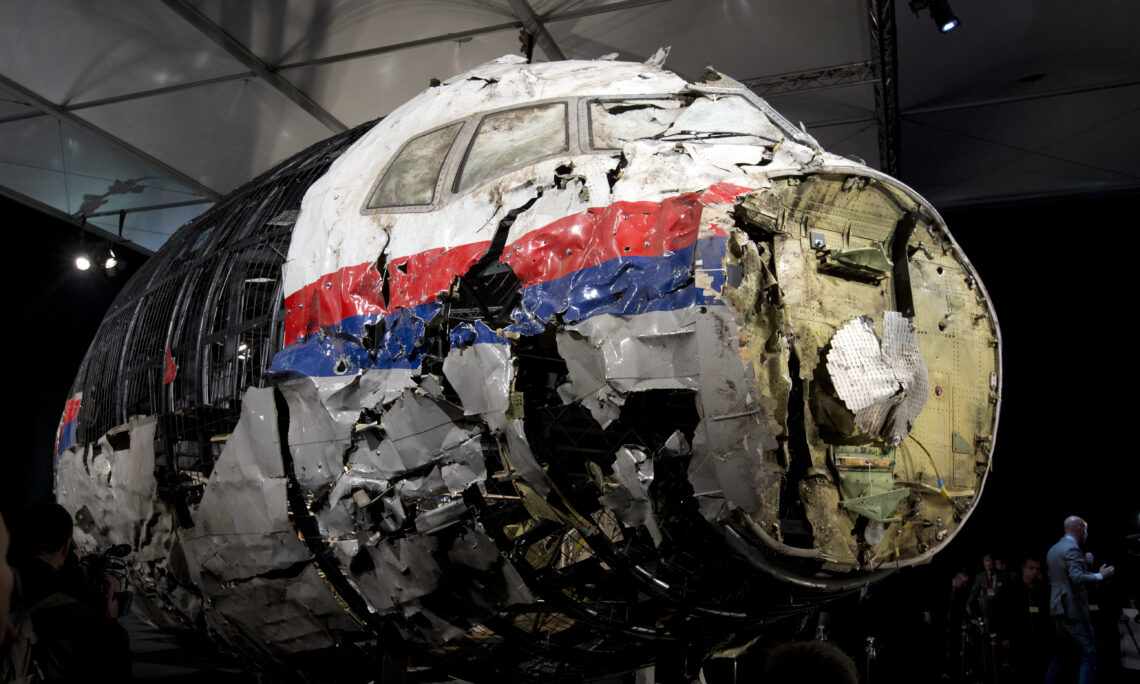In a landmark decision, the United Nations aviation agency has ruled that Russia is responsible under international law for the downing of Malaysia Airlines Flight MH17 in 2014.
The flight, a Boeing 777 with the flight number MH17, was on its way from Amsterdam to Kuala Lumpur when it was shot down over Ukraine’s Donetsk region, resulting in the tragic loss of 298 lives.

The reconstructed wreckage of Malaysia Airlines Flight MH17 is put on display during a press conference in Gilze-Rijen, central Netherlands, Tuesday, Oct. 13, 2015. Malaysia Airlines Flight 17 broke up high over Eastern Ukraine killing all 298 people on board. (AP Photo/Peter Dejong)
This ruling by the International Civil Aviation Organisation (ICAO) council confirms that Russia failed to meet its obligations under international air law.
The case was brought forward by Australia and the Netherlands, with Australian Foreign Minister Penny Wong expressing her views on the matter. In a statement, Minister Wong noted that the ICAO Council has upheld a fundamental principle: that weapons should not be used against civilian aircraft. She described this moment as historic in the pursuit of truth, justice, and accountability for the victims of Flight MH17, as well as their families and loved ones.
Minister Wong welcomed the ruling, urging the council to determine the necessary remedies. She called upon Russia to acknowledge its responsibility for this act of violence and to provide reparations for its conduct, as required by international law. While acknowledging that the grief of those left behind cannot be erased, she emphasized Australia’s commitment to standing with them and pursuing justice for this horrific act.
Russia has consistently denied any responsibility for the downing of Flight MH17. The ICAO, headquartered in Montreal, plays a crucial role in setting global aviation standards, although it lacks the power to enforce regulations. This ruling marks a significant step in the quest for accountability and justice for the victims and their families.
The international community has been awaiting this decision, which underscores the importance of adherence to international law, especially in matters involving civilian aviation. As the worldreflects on this tragic event, the focus remains on ensuring that such incidents are prevented in the future and that those responsible are held accountable. With this ruling, the ICAO has reaffirmed its commitment to the safety and security of civilian air travel, a principle that is fundamental to international aviation.







